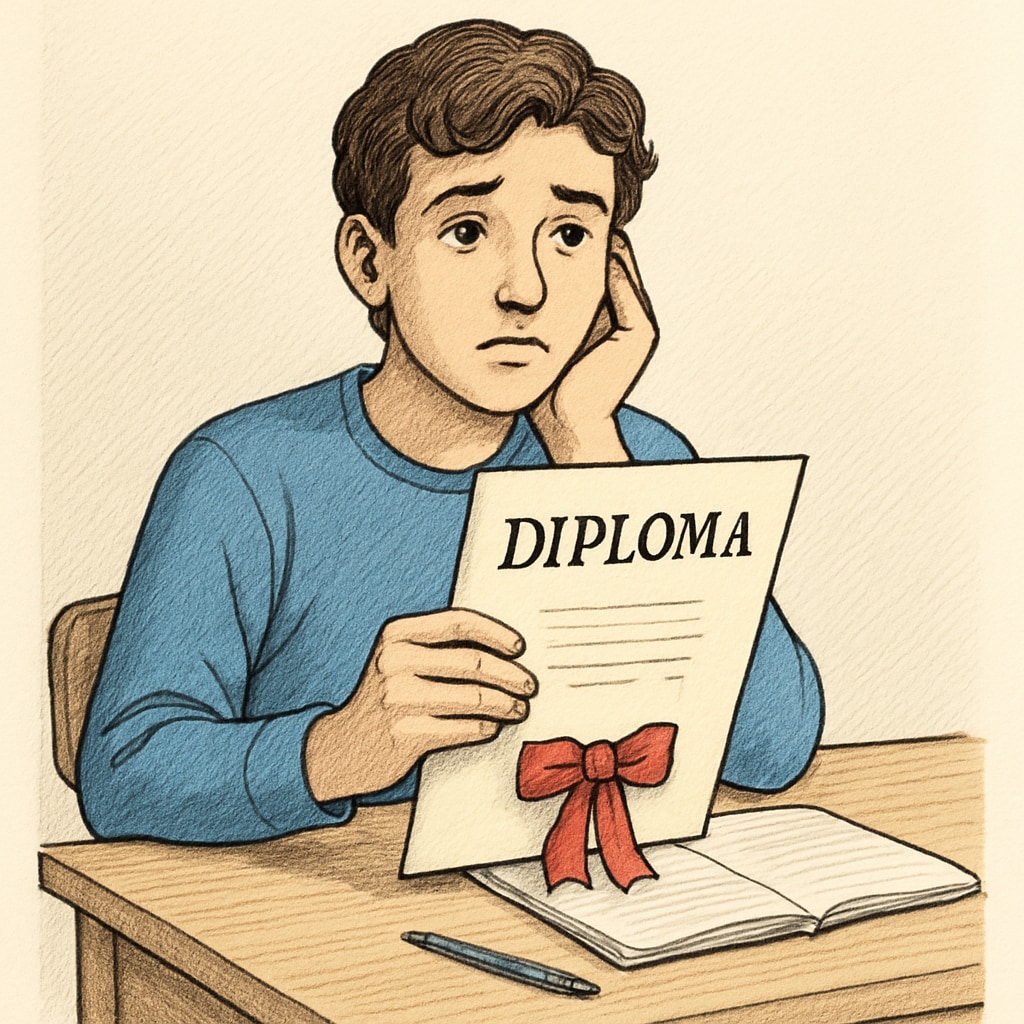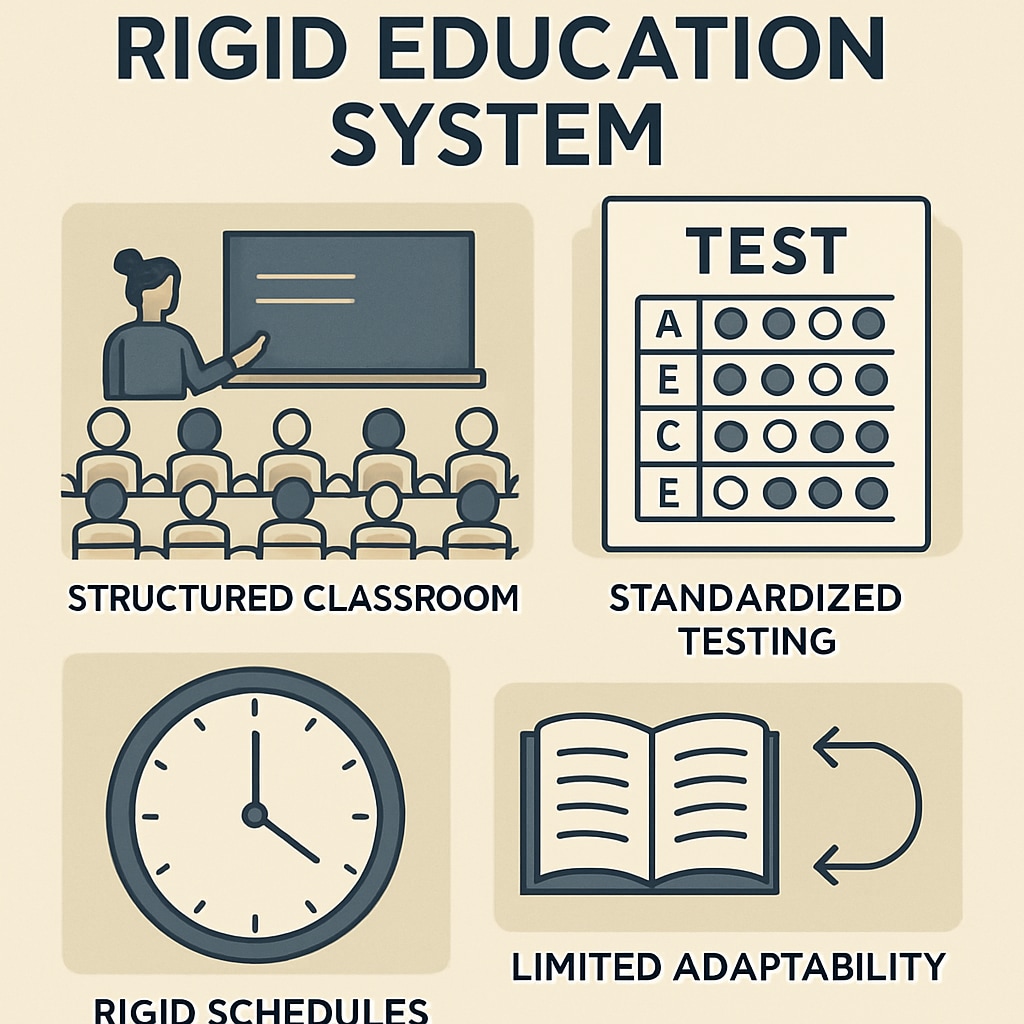For students who hold a revised diploma, regret often surfaces as they navigate the challenges of identity and self-worth. A modified high school diploma—often awarded due to alternative coursework or special circumstances—can carry a stigma, leading individuals to question their abilities and future opportunities. However, this experience does not have to define your life. In this article, we delve into the psychological impact of revised diplomas, the limitations of traditional education systems, and practical strategies to help students embrace growth and redefine their value.
Understanding the Emotional Weight of Revised Diplomas
One of the most common feelings associated with receiving a revised diploma is regret. Students may feel that their diploma reflects a lack of achievement or signals inadequacy compared to their peers who earned standard diplomas. This emotional burden can be compounded by societal perceptions and the pressure to conform to traditional academic expectations.
For example, many employers and institutions prioritize standard diplomas, creating barriers for students with modified credentials. This can lead to a sense of exclusion and impact self-esteem. However, it’s important to recognize that every individual’s journey is unique, and success is not always dependent on conventional paths.

Limitations of Current Education Systems
Another significant factor contributing to the struggles faced by students with revised diplomas is the rigidity of traditional education systems. These systems often focus on standardized testing and one-size-fits-all curricula, leaving little room for flexibility or consideration of diverse learning needs. As a result, students who require alternative pathways are frequently labeled as “less capable,” perpetuating harmful stereotypes.
In addition, the emphasis on grades and test scores overlooks other critical aspects of education, such as creativity, problem-solving, and emotional intelligence. These qualities are equally, if not more, important for long-term success but are often undervalued within conventional academic frameworks.
Education systems on Britannica

Redefining Personal Value and Seeking Growth
While the challenges can feel overwhelming, students with revised diplomas have the power to redefine their personal and educational value. Here are some practical steps to help you move forward:
- Focus on strengths: Identify the skills and qualities that make you unique. Whether it’s creativity, resilience, or technical expertise, these traits can set you apart in your career and personal life.
- Pursue additional qualifications: Consider enrolling in vocational programs, certification courses, or community college classes to enhance your skills and credentials.
- Seek mentorship: Connect with professionals or mentors who can guide you and provide valuable insights into career development.
- Challenge societal norms: Advocate for greater inclusivity in education and encourage institutions to recognize diverse learning pathways.
Lifelong learning on Wikipedia
By taking these steps, students can overcome the limitations of a revised diploma and build a future based on their unique abilities and aspirations.
Conclusion: Beyond Labels
Receiving a revised diploma may initially feel like a setback, but it is not the end of the road. By understanding the emotional impact, addressing the flaws of traditional education systems, and embracing opportunities for growth, students can transform their experiences into powerful catalysts for success. Your value is not defined by a single piece of paper—it’s shaped by your actions, determination, and willingness to learn.
Remember, education is a lifelong journey, and every path has its own worth. Step confidently into the future, knowing that your potential is limitless.
Readability guidance: This article uses short paragraphs, lists for clarity, and transitions to ensure smooth flow. Active voice is prioritized, and complex sentences are minimized for better readability.


